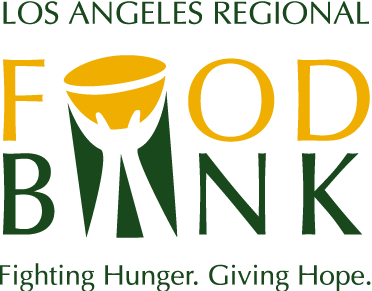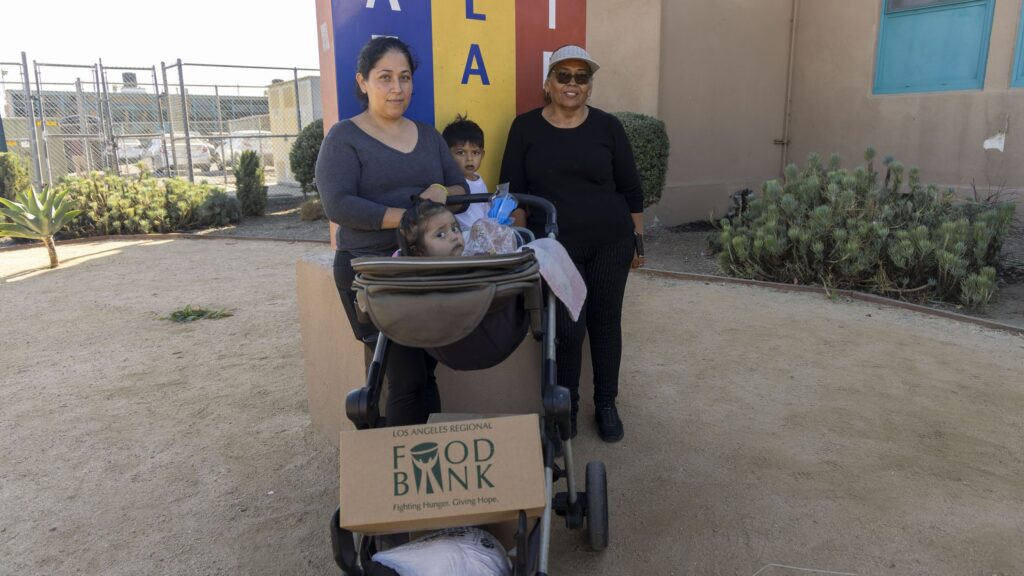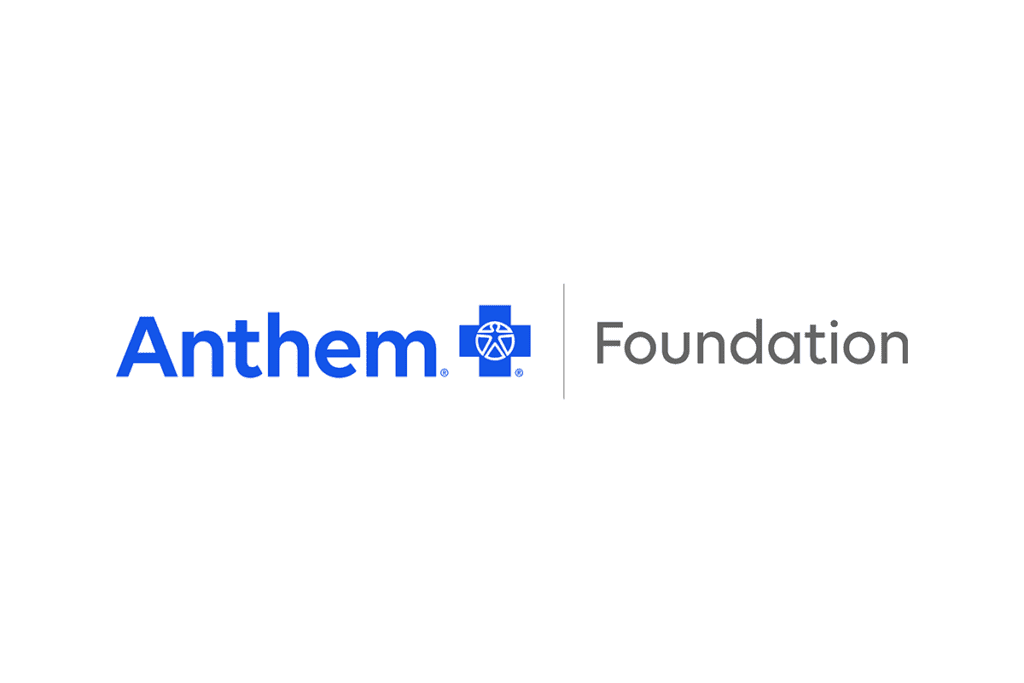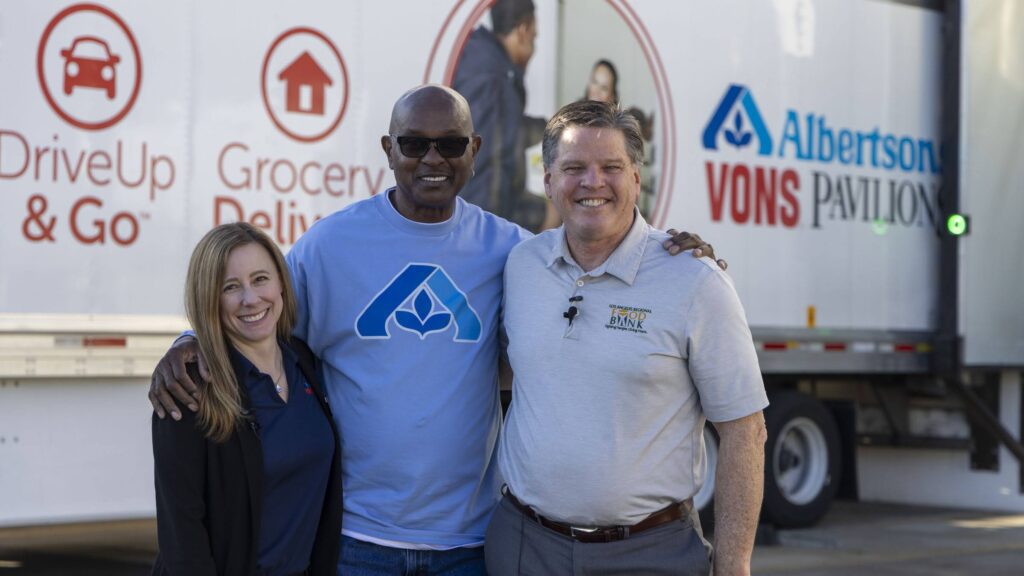Understanding Food Deserts and the Importance of Addressing Food and Nutrition Insecurity
Understanding Food Deserts and the Importance of Addressing Food and Nutrition Insecurity
Food deserts may be closer than you think. Learn more about how this affects individuals every day.
Food deserts are defined as areas where access to affordable, nutritious food is limited or nonexistent, particularly for residents without reliable transportation. These areas are often urban neighborhoods or rural towns lacking supermarkets, grocery stores, or other sources of fresh, healthy food. Instead, convenience stores and fast-food restaurants dominate, offering processed and calorie-dense options with little nutritional value.
Obtaining fresh fruits, vegetables, and other nutritious foods is a significant challenge for those living in food deserts. This lack of access often leads to poor dietary choices, increasing the risk of chronic illnesses such as obesity, diabetes, and heart disease.
Without proper nutrition, children struggle to focus in school, adults find it harder to perform at work, and families face mounting healthcare costs, creating cycles of poverty and health disparity.
The Los Angeles Regional Food Bank plays a vital role in addressing food and nutrition insecurity in LA County. By distributing fresh produce and nutritious food through hundreds of partner agencies throughout the County, and direct distributions, the Food Bank helps ensure that those living in food deserts receive the nutritious food they need. Additionally, programs like nutrition education empower individuals with the knowledge to make healthier choices when food options are available.
Health In a Box
97% of the food distributed by the Food Bank is considered nutritious. Food recipients can typically expect fresh fruits and vegetables gleaned, sorted, and packed at one of the Food Bank’s warehouses, as well as shelf-stable items like rice, legumes, and canned goods. Also included in some distributions are dairy products, eggs, and a pack of protein that may include chicken, beef, pork, or shrimp.
To support our mission, consider donating or volunteering with the Food Bank today. Together, We Feed LA.





